Primary Source Spotlight: Great Migration
Primary sources Online exhibitions Articles Related resources
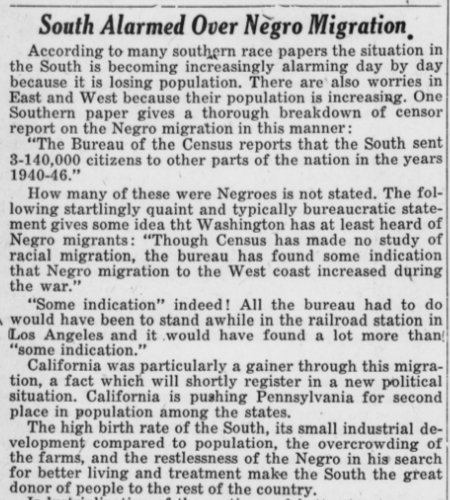
Primary sources Online exhibitions Articles Related resources
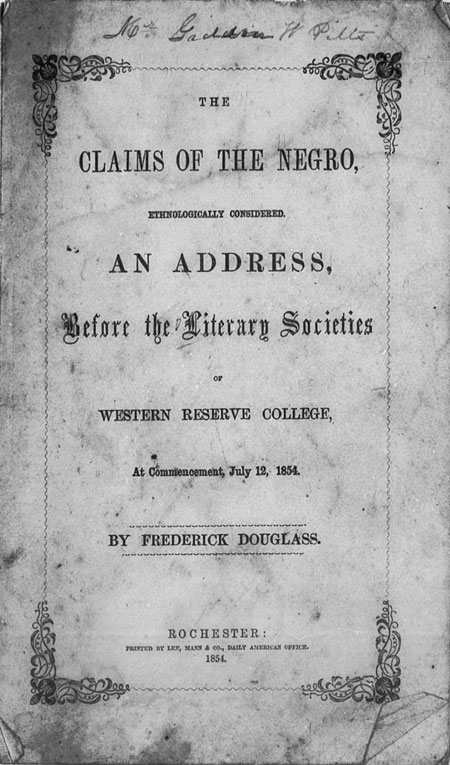
In an opinion piece for the New York Times, Eric Herschthal, a fellow at the Schomburg Center for Research in Black Culture at the New York Public Library, suggests that we remember Frederick Douglass “as someone whose insights about scientific theories of race are every bit as relevant in our era as they were when he wrote…
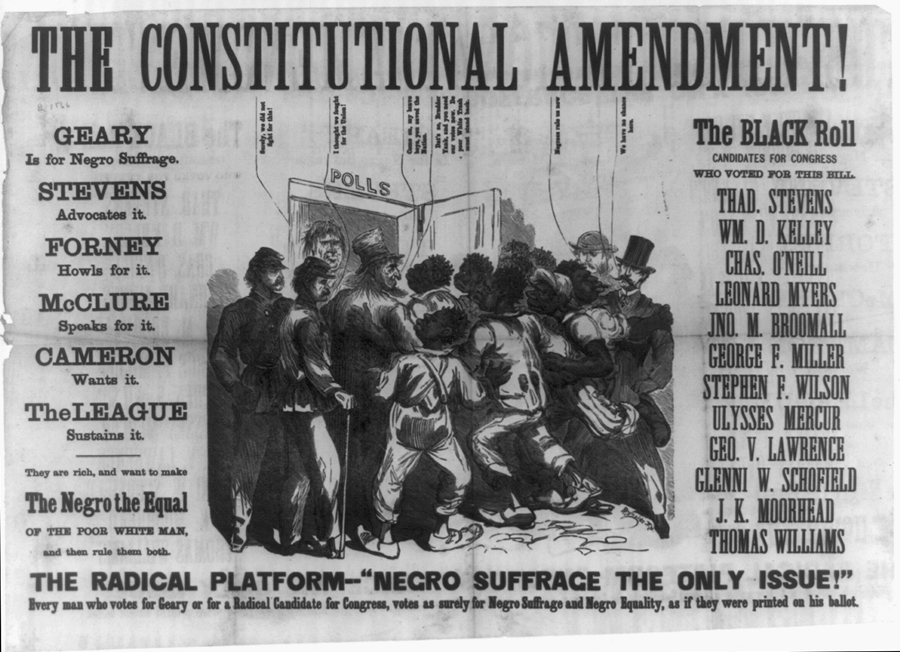
What is the purpose of this poster? What emotions does this poster tap into? Use specific evidence from the source to support your responses. Who is the audience for this primary source? How do you know? What more do you learn from the source record? Do you think this poster was effective with its target…
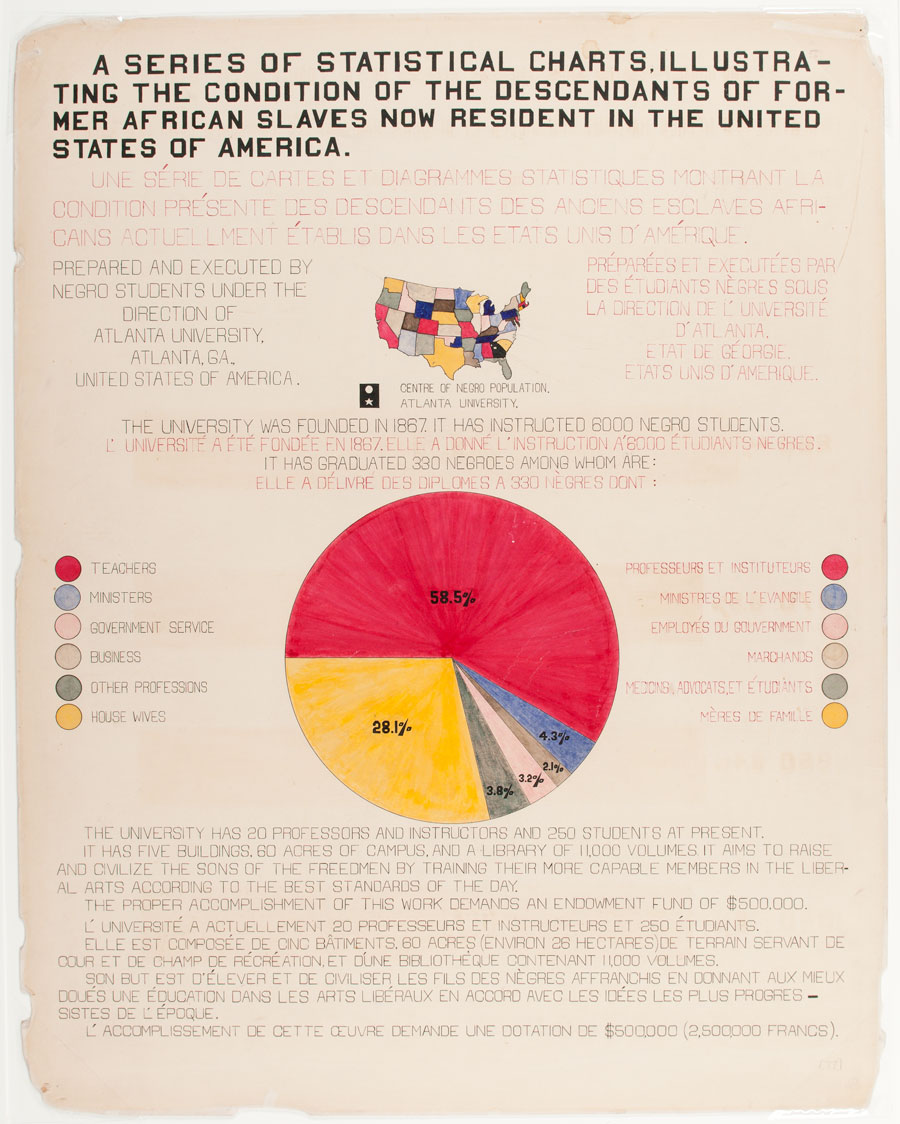
Why is the information provided in both English and French? The pie graph gives statistics for which group of people? Use the information provided in this text as well as the bibliographic record to determine one or more purposes of this text. What other observations, reflections or questions does this source inspire? Let us know!…
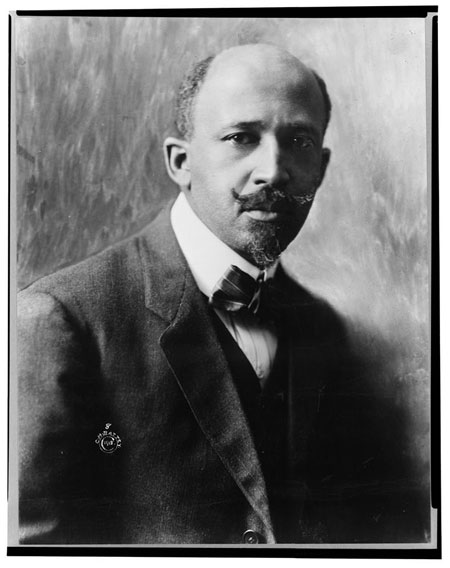
From America’s Library: Born: February 23, 1868 Died: August 27, 1963 William Edward Burghardt Du Bois was a noted scholar, editor, and African American activist. Du Bois was a founding member of the National Association for the Advancement of Colored People (NAACP — the largest and oldest civil rights organization in America). Throughout his life Du Bois…
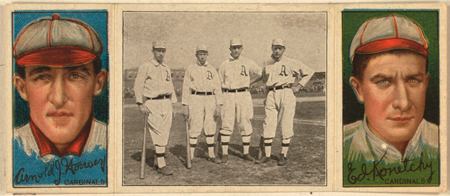
Today in History–March 28–the Library of Congress features brewing magnate and baseball team owner August Anheuser Busch Jr., born on this day in 1899. As CEO of the Anheuser-Busch Companies, Inc., Busch convinced the company board of directors to purchase the St. Louis Cardinals team, halting the team’s move to another city. Learn more about Busch and baseball by visiting the Today in History section, then clicking the links…
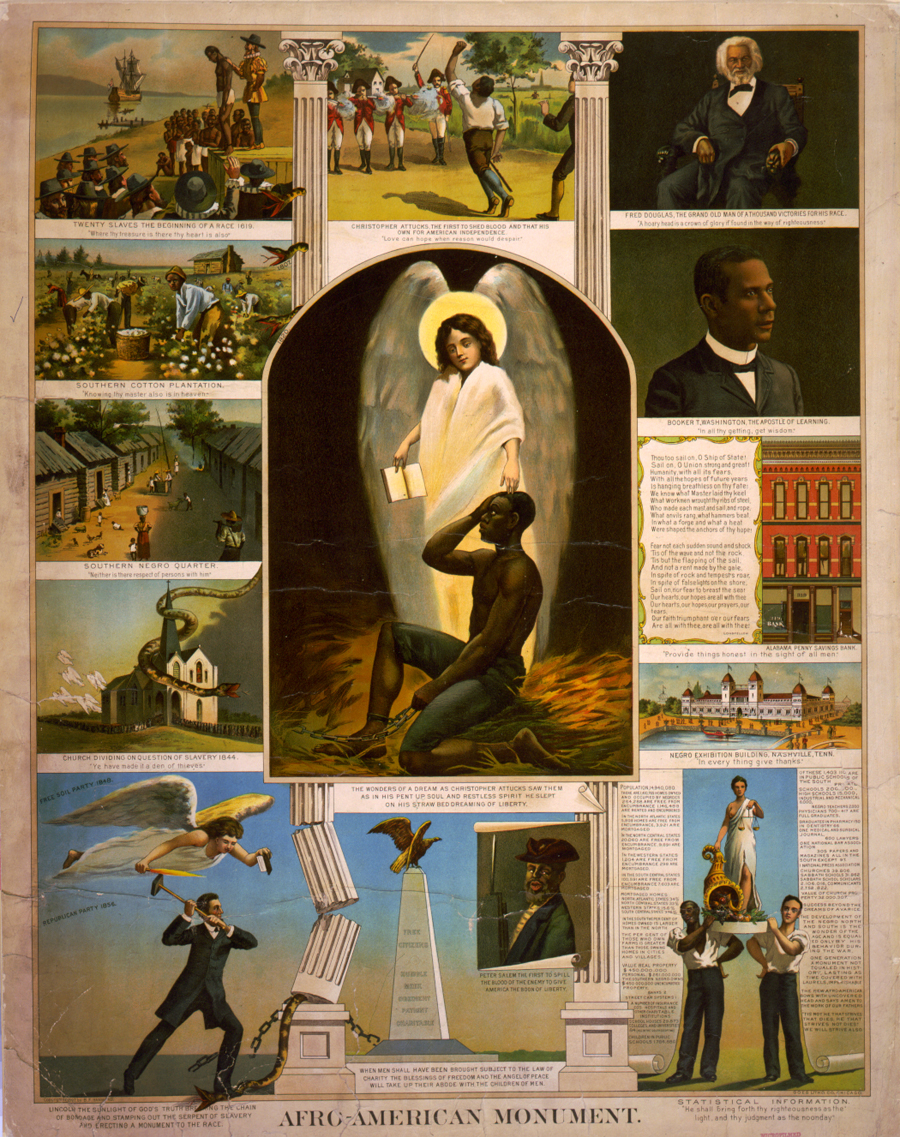
There are two Revolutionary War heroes depicted on this print who experienced very different outcomes. Who were the two men and what happened to each in the war? Review the 13 scenes related to Afro-American history on this lithograph. Which scene speaks most powerfully to you? Explain the reasoning for your choice. What person or event…
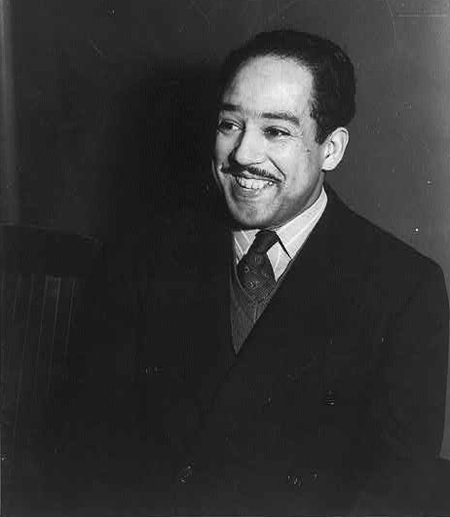
Today in History–February 1–the Library of Congress features writer and poet Langston Hughes, born on this date in 1902. Famous for his illuminating and moving depictions of African American life, Hughes was a prominent figure in the Harlem Renaissance movement. Learn more about this treasured American author by visiting the Today in History section, then click the links below to access more stories,…
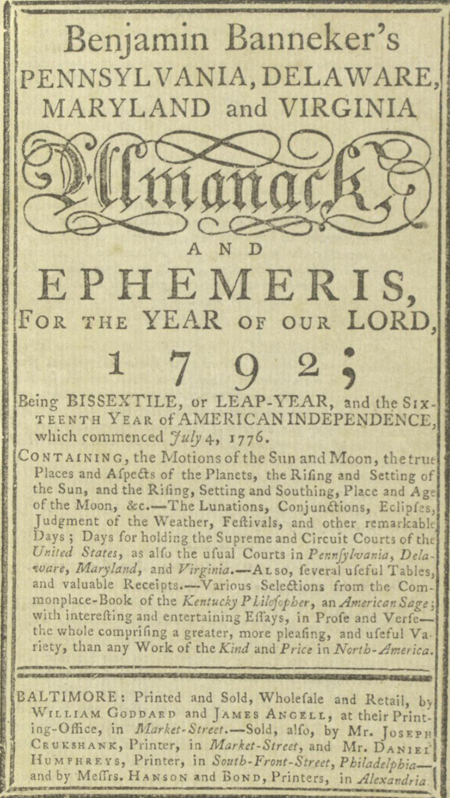
Today in History–November 9–the Library of Congress features mathematician and astronomer Benjamin Banneker, born on this day in 1731. This largely self-taught surveyor and scientist influenced how African Americans were viewed during the Federal period. Learn more about Banneker by visiting the Today in History section, then click the links below to access more primary sources and other resources related to Banneker,…
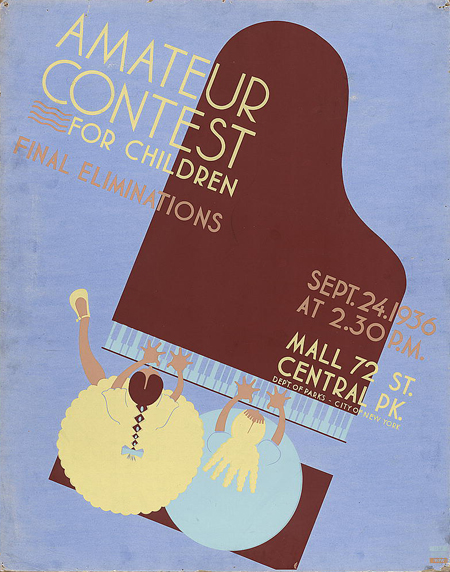
Read an oral history excerpt or the full oral history account by an audience member who attended amateur night at the Apollo Theater in November, 1938. In this account from American Life Histories, 1936-1940, Federal Writer Dorothy West describes an event that happened [there]. What does this event suggest about race relations in the late 1930s?…